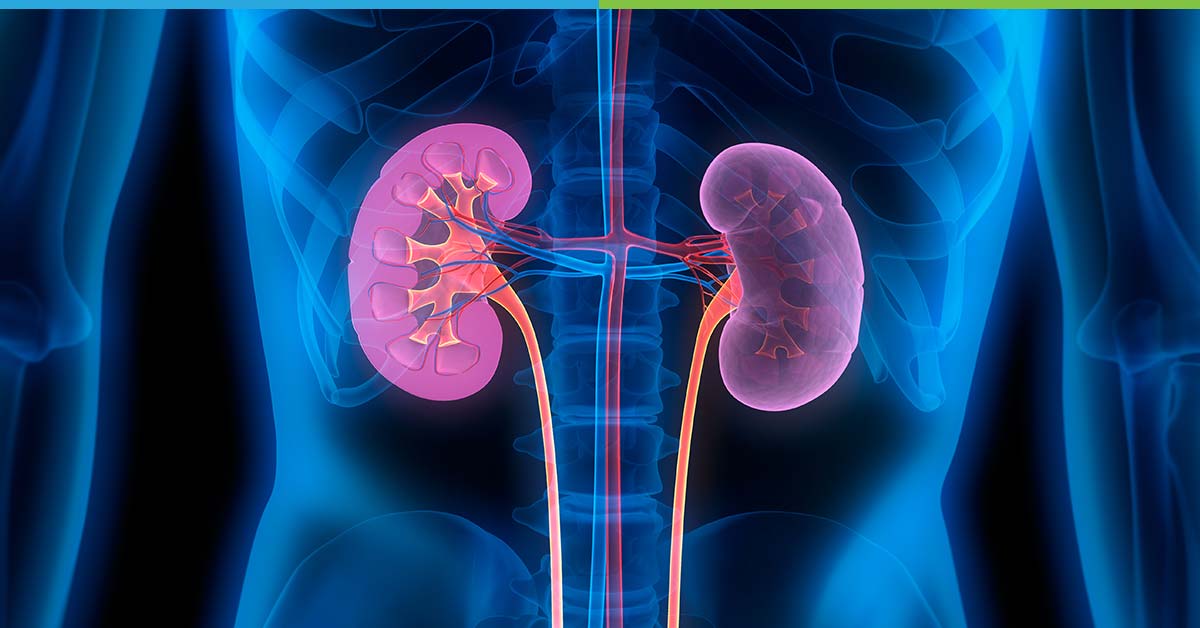India is cited as Global Capital of Diabetes owing to the astounding figure of 70 million diabetics. World Health Organisation estimates that this figure will increase by almost 45% to 101 million by 2030.
The sedentary lifestyle of the corporate employees in a cubicle with easy access to food that is canned and beverages which add to carbohydrates but with little fibre content, the stress to compete and win and abnormal sleeping patterns all culminate in an individual with high risk for obesity, lipid abnormalities, hypertension and diabetes. About 25% of people with diabetes eventually develop kidney disease. This figure is higher if family history of diabetic kidney disease is present.
Here is an excerpt by Dr Sreedhar Sharma Medavaram, Consultant Nephrologist, OMNI Hospitals, Kurnool about taking care of your kidneys in the global capital of diabetes.
Q. How does diabetes affect kidney?
A. Apart from the widely known fact about diabetes that the glucose levels are increased, the lining layer of the blood vessels (endothelium) is at fault. This lining is important in preventing the leak of proteins into the space around the vessels and it is vital in preventing the blood from clotting. An injured endothelium attracts platelets and blood clotting factors, thus predisposing to blood clots there by blocking circulation.
In diabetes owing to the endothelial dysfunction, the proteins from filtering units of kidney (glomerulus) leak into the urine. This leaked protein causes damage to the tubules thus worsening the kidney function.
Also the protein lost in urine causes the blood proteins to be low. This low protein in the blood is the cause of leg swelling and puffiness around the eyes we see in diabetic kidney disease patients. The leak of proteins is exacerbated by hypertension. The cornerstone of treatment of diabetic kidney disease lies in strict sugar control, drugs that decrease protein leak and also drugs that control hypertension.
Good news is that diabetic kidney disease can be prevented by several steps:
- Regular exercise (at least 30 minutes aday)
- Quit smoking
- Avoidingalcohol
- Maintaining healthy bodyweight
- Being vigilant and taking medical advice early in case of urinary tract infections
- Avoiding over the counter pain killer medicationsand drugs that cause kidney damage
Diabetic kidney disease is a slowly progressive disease over a period of three decades from onset to dialysis dependant renal failure. The pace of deterioration of renal function varies from person to person.
Follow your doctor’s advice. Taking blood pressure medications on time as blood pressure control is the cornerstone of management of diabetic kidney disease. Eating wisely keeping in view of the blood glucose levels. Certain kind of pills used to control blood sugars may become less effective or may require dose modification as the diabetic kidney disease progresses. Certain medications (e.g. Metformin) may have to be totally stopped when renal function declines. Periodic checking of serum creatinine levels (an indicator of renal function) helps in avoiding these problems. Cholesterol-lowering medications and medications to decrease protein leak from kidneys have been shown to retard the progression of kidney damage.
Frequent episodes of low glucose and requirement of lesser doses of insulin for glucose control indicate deteriorating renal function. AV fistula creation over non-dominant arm can provide access to future haemodialysis (HD), if renal function deteriorated and necessity for HD is anticipated.
Continuous Ambulatory Peritoneal Dialysis (CAPD) and Renal transplantation are other options available when End- stage kidney disease has set in requiring dialytic support.
Keeping stress at lower side by planning, meditating, keeping reasonable targets and being kind to yourself and learning to let go will make you the winner.

